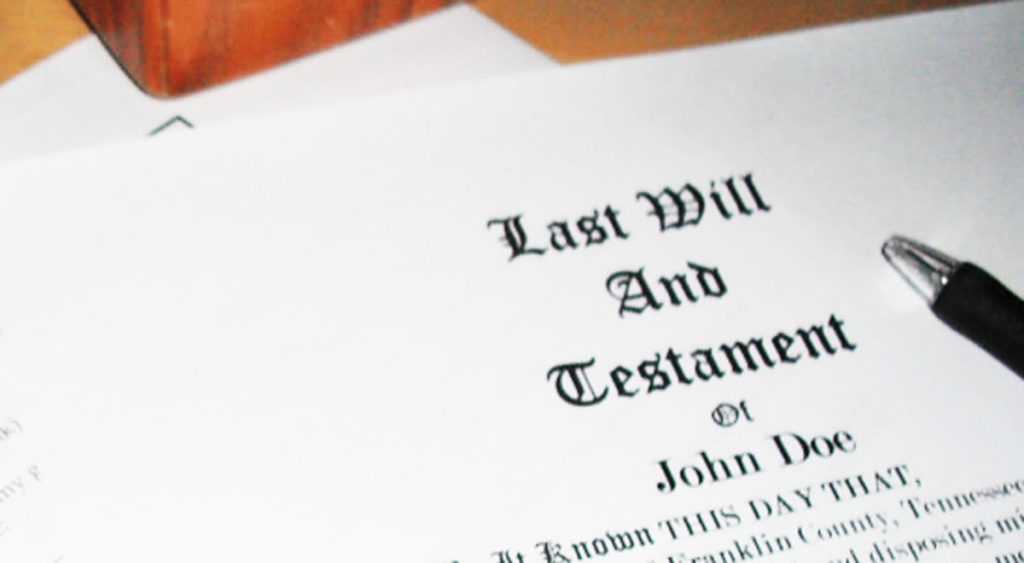According to ABC.com, as the coronavirus pandemic continues to spread across the country, many people are turning their attention to making a will. While this renewed attention to estate planning is great, experts at Bankrate.com warn that making a will might not be enough.
What is a Will?
A will is a legal document that directs who should receive your property at your death – specifically any property that is in your name only and without a beneficiary designation. Without a will, your property may be distributed by the courts according to your state’s laws of intestacy … regardless of what your wishes might have been.
Some Shortcomings of a Will
- Contrary to popular belief, a will does not avoid probate – a court process that can be expensive and can take years to resolve. Crowded court dockets mean that the process of settling a will for even a “simple” estate will take years.
- A will can face challenges in probate court, leading to long, messy and expensive litigation.
- A will does not control the distribution of any assets held jointly with others, or that will pass according to beneficiary designations.
- Your will goes into effect only after you die. It cannot help with medical or financial decisions that must be made in the event of your incapacity or serious illness.
What’s the Right Way?
The point of an estate plan is to get your assets where you want them to go after your death, with as little expense and difficulty for your family as possible. It should also include instructions for what to do in the event you are incapacitated or in the hospital for an extended period of time. You may have a blended family, disabled children, a small business, or specific circumstances that make a simple will ineffective or even problematic. You need to think about what it will be like for your guardians (if you have minor or disabled children), or your business partners, or your surviving family who will be managing your estate after you have passed on.
Using powers of attorney, buy-sell agreements, living trusts, and other tools can help make the process easier, less expensive and quicker than it would be with just a will.
When it comes to estate planning, there is no one-size-fits-all solution. In some situations, a will – even with all its shortcomings – may still be a good option. But oftentimes, making a will might not be enough. Meeting with a Chicagoland estate planning attorney is the best way to get the planning that’s right for you as an Illinois resident. In most instances, you won’t have to leave your home and can meet by phone or online in a video chat.
Resource: ABC News, Coronavirus leads to surge in wills: ‘Everyone is thinking about their mortality’, April 2, 2020; Bankrate.com, Revocable trust vs will: A guide to estate planning in the age of coronavirus, April 17, 2020



